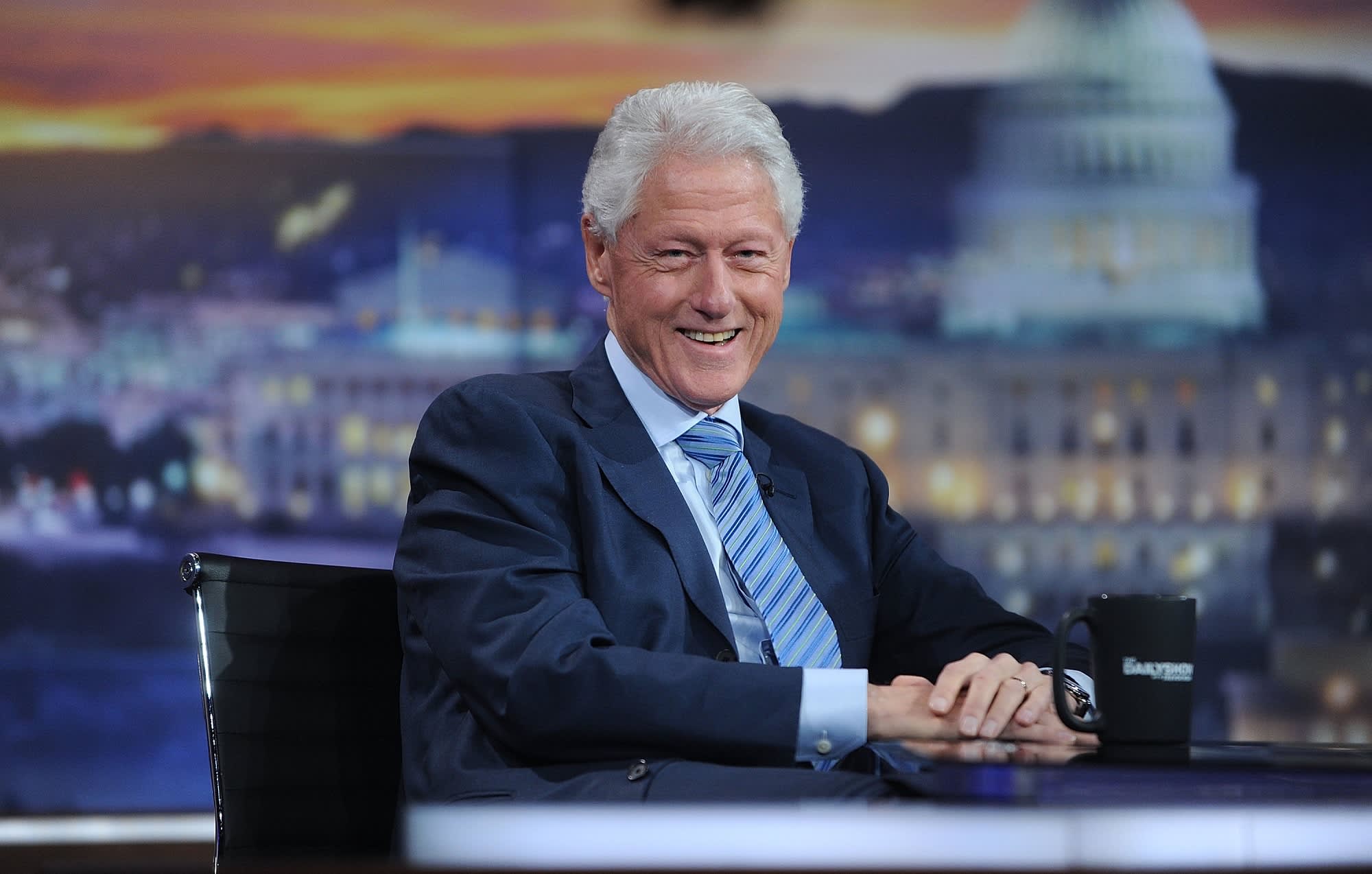
Bill Clinton, the 42nd President of the United States, is undoubtedly a prominent figure in American politics. His presidency, which spanned from 1993 to 2001, was marked by both significant achievements and controversies. Clinton’s charismatic leadership and policies resonated with many, while his personal life and scandals captured the attention of the public. In this article, we will explore 12 fascinating facts about Bill Clinton that you may not know. From his early life and political career to his accomplishments and legacy, these facts provide a deeper understanding of the man behind the title of President. Let’s dive into the intriguing world of Bill Clinton and uncover some lesser-known aspects of his life and presidency.
Key Takeaways:
- Bill Clinton, the 42nd President of the United States, implemented welfare reform and signed NAFTA, leaving a lasting impact on American politics.
- Known for his charisma and musical talent, Clinton’s ability to connect with people and his presidency’s achievements and controversies define his legacy.
Bill Clinton served as the 42nd President of the United States.
Bill Clinton, a Democrat, was elected as the 42nd President of the United States and served two terms in office from 1993 to 2001.
He was born on August 19, 1946, in Hope, Arkansas.
Bill Clinton was born in the small town of Hope, Arkansas. His birth name was William Jefferson Blythe III, but he later took on his stepfather’s last name, Clinton.
Clinton attended Yale Law School.
After completing his undergraduate studies at Georgetown University, Clinton went on to attend Yale Law School, where he developed his legal and political skills.
He was the third-youngest president in U.S. history.
At the age of 46, Bill Clinton became the third-youngest president to be inaugurated, behind Theodore Roosevelt and John F. Kennedy.
Clinton implemented welfare reform.
One of the major accomplishments of Clinton’s presidency was the implementation of welfare reform, which aimed to encourage people on welfare to find employment and become self-sufficient.
He signed the North American Free Trade Agreement (NAFTA).
Clinton signed NAFTA into law, establishing a free trade zone between the United States, Canada, and Mexico. This agreement aimed to promote economic growth and cooperation among the three countries.
Clinton faced impeachment proceedings.
During his presidency, Clinton faced impeachment proceedings for perjury and obstruction of justice related to the Monica Lewinsky scandal. However, he was acquitted by the Senate and remained in office.
He played the saxophone.
Bill Clinton was known for his musical talent and often played the saxophone in public. His love for music was evident in his campaign stops and public appearances.
Clinton created the Earned Income Tax Credit.
As part of his efforts to alleviate poverty and support working families, Clinton expanded the Earned Income Tax Credit, a refundable tax credit for low-income individuals and families.
He established the AmeriCorps program.
Clinton created the AmeriCorps program, which provides opportunities for Americans to engage in national service and community-based projects to address various societal needs.
Clinton signed the Family and Medical Leave Act.
Recognizing the importance of work-life balance, Clinton signed the Family and Medical Leave Act, which allows employees to take unpaid leave for certain family and medical reasons.
He was known for his charisma and ability to connect with people.
Bill Clinton was renowned for his charismatic personality and his knack for connecting with individuals from all walks of life. His engaging speaking style and personal charm made him a popular figure on the political stage.
Conclusion
Bill Clinton is one of the most prominent figures in American politics, serving as the 42nd President of the United States. Throughout his life and career, Clinton has been involved in numerous controversies and achievements, leaving a lasting impact on the nation. From his economic policies to his impeachment, Clinton’s presidency was marked by both successes and challenges.As a charismatic leader, Clinton was able to connect with the American people and implement various initiatives to improve the economy, promote peace, and prioritize social issues. However, his personal scandals, including the Monica Lewinsky affair, tarnished his reputation and cast a shadow over his presidency. Nonetheless, Clinton’s ability to navigate through difficult situations and maintain popularity among his supporters cemented his place in history.Despite the controversies that surrounded him, Bill Clinton remains an influential figure who left a lasting impact on American politics. His dedication to public service, commitment to diplomacy, and efforts to bridge political divides have shaped the nation and continue to inspire future leaders.
FAQs
1. What were some of the major achievements of Bill Clinton’s presidency?
During his presidency, Bill Clinton’s major achievements included the signing of the North American Free Trade Agreement (NAFTA), the implementation of welfare reform, the passing of the Family and Medical Leave Act, and overseeing significant economic growth.
2. How did Bill Clinton’s impeachment impact his presidency?
Bill Clinton’s impeachment, which was based on charges of perjury and obstruction of justice related to the Monica Lewinsky scandal, significantly impacted his presidency. Although he was not removed from office, the impeachment proceedings created a political and moral stain on his presidency.
3. What was the economic condition during Bill Clinton’s presidency?
Bill Clinton’s presidency saw significant economic growth. During his two terms in office, the country experienced low unemployment rates, a budget surplus, and an increase in household income.
4. How did Bill Clinton prioritize social issues?
Bill Clinton prioritized social issues such as healthcare reform and promoting diversity and inclusion. He pushed for universal healthcare coverage and signed the Defense of Marriage Act, which defined marriage as a union between one man and one woman.
5. How is Bill Clinton remembered in history?
Bill Clinton is remembered as a charismatic leader who had successful economic policies but also faced personal controversies. He is praised for his ability to connect with the American people and work across the political aisle.
Was this page helpful?
Our commitment to delivering trustworthy and engaging content is at the heart of what we do. Each fact on our site is contributed by real users like you, bringing a wealth of diverse insights and information. To ensure the highest standards of accuracy and reliability, our dedicated editors meticulously review each submission. This process guarantees that the facts we share are not only fascinating but also credible. Trust in our commitment to quality and authenticity as you explore and learn with us.


